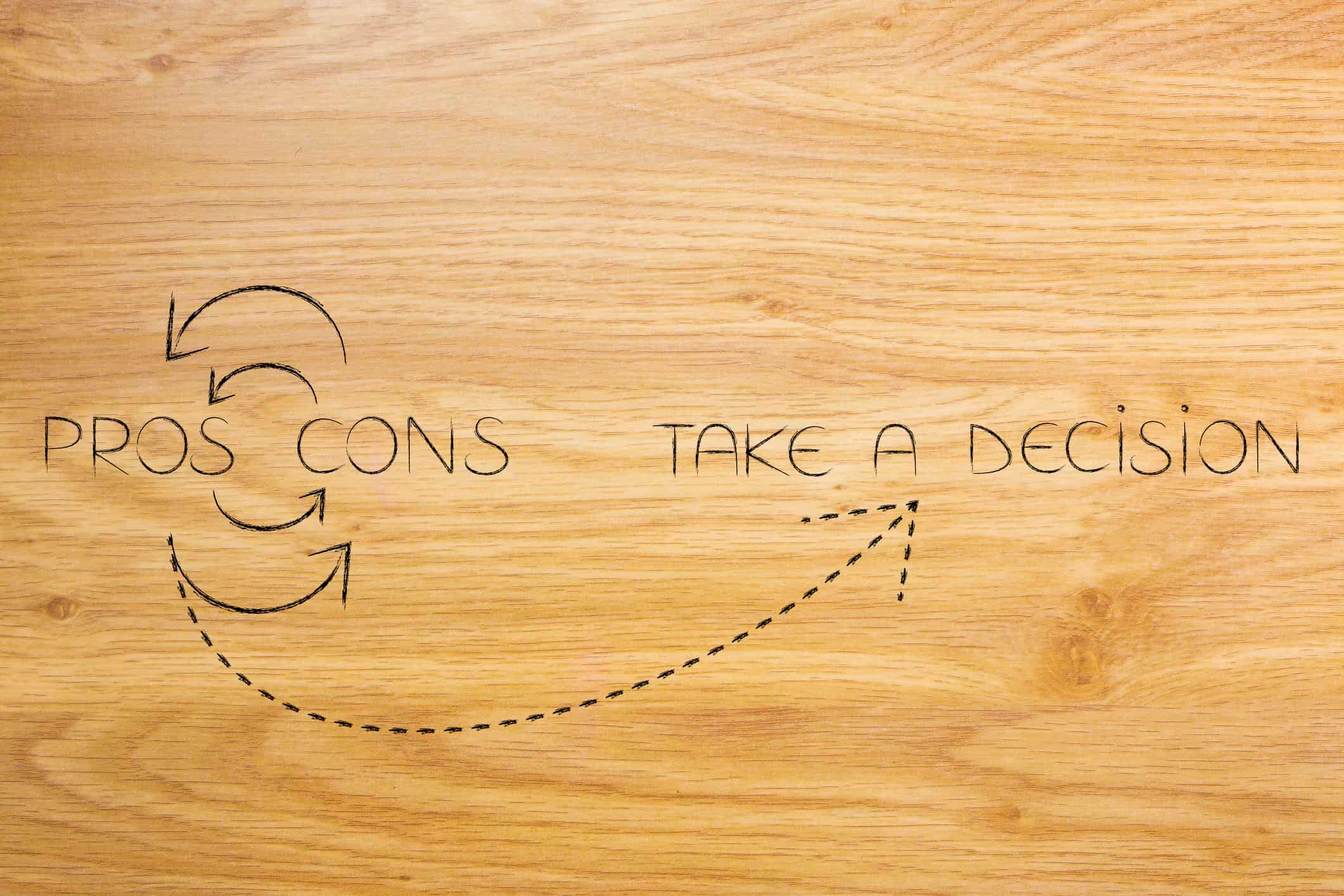Table of Contents
Emergencies happen every day in life, from faulty car transmissions to medical injuries. In most cases, consumers will need instant access to cash to pay off these emergency items. When savings isn’t available, it’s possible to turn to a short-term personal loan lender for emergency cash. However, it’s important to note the key benefits and drawbacks to borrowing this type of money.
Flexible Payback Plans
When borrowing money from a lender, consumers must pay back the principal plus any applicable interest. One of the benefits of short-term loans is the payment options. Loan customers might be short on cash at the beginning of the month, so they can simply pay off the loan’s interest at that time. As their income stabilizes next month, they can pay off some of the principle.
Bad Credit Approved
Short-term loans are normally in the hundreds of dollars, so extensive credit checks aren’t necessary unlike thousand-dollar loans. In fact, most lenders simply require a steady job as a loan qualification. If consumers are normally turned down by other lenders, short-term loans give them a way to pull themselves out of debt and regain their financial strength.
Short-Term Commitment
From 30-year mortgages to 5-year car loans, time commitments for these common debts are extremely long. Short-term loans make a debt a temporary one. After borrowing the funds, consumers might take 4 or 6 months to pay them off. Some people even stretch their loan payoff length to 12 months if their financial situation is relatively severe. In the end, short-term loans don’t put consumers in debt for very long.
Cash Today
Funding a standard loan often takes weeks, but some consumers need cash within the next 24 hours. Short-term loans give consumers a chance to harness funds almost immediately. Rapid cash is often necessary for bail bonds, for example. In these cases, consumers can help a loved one out of jail with just a simple application at the short-term loan office.
Collateral is Unnecessary
Because a steady job is a line-of-credit, collateral isn’t part of the short-term loan requirements. In the past, consumers were asked to put down a vehicle or other major asset as collateral if the loan wasn’t paid back. Although consumers still need to pay the loan back in a timely manner, there’s no concern about an item being repossessed at some point in the future.
Compounding the Debt Problem
With the countless benefits associated with short-term loans, it’s critical to also understand the drawbacks. Short-term loans are meant to help people temporarily. If there’s poor budgeting or other financial problems, these loans could lead to even more debt. Borrowers might try to apply for more than one loan at a time with different lenders. This downward financial spiral is not what these loans are meant for. If debt seems to pile up each month, consumers should seek out a financial adviser or law representative to work on a possible recovery plan.
Excessive Interest
A major drawback that almost every short-term loan has is high interest. These loans are rapidly funded because of high interest backing up the lender’s company. Ideally, borrowers should only hold this loan for a few months. Extending it past 6 months or more only generates more interest that must be paid back.
Ideally, consumers should put away their own savings to use in emergency situations. For example, try to place about 10 percent of a given paycheck into a savings account. This amount may seem small at first, but it will grow over time. When it’s necessary, consumers can simply borrow money from themselves instead of a short-term personal loan lender.


